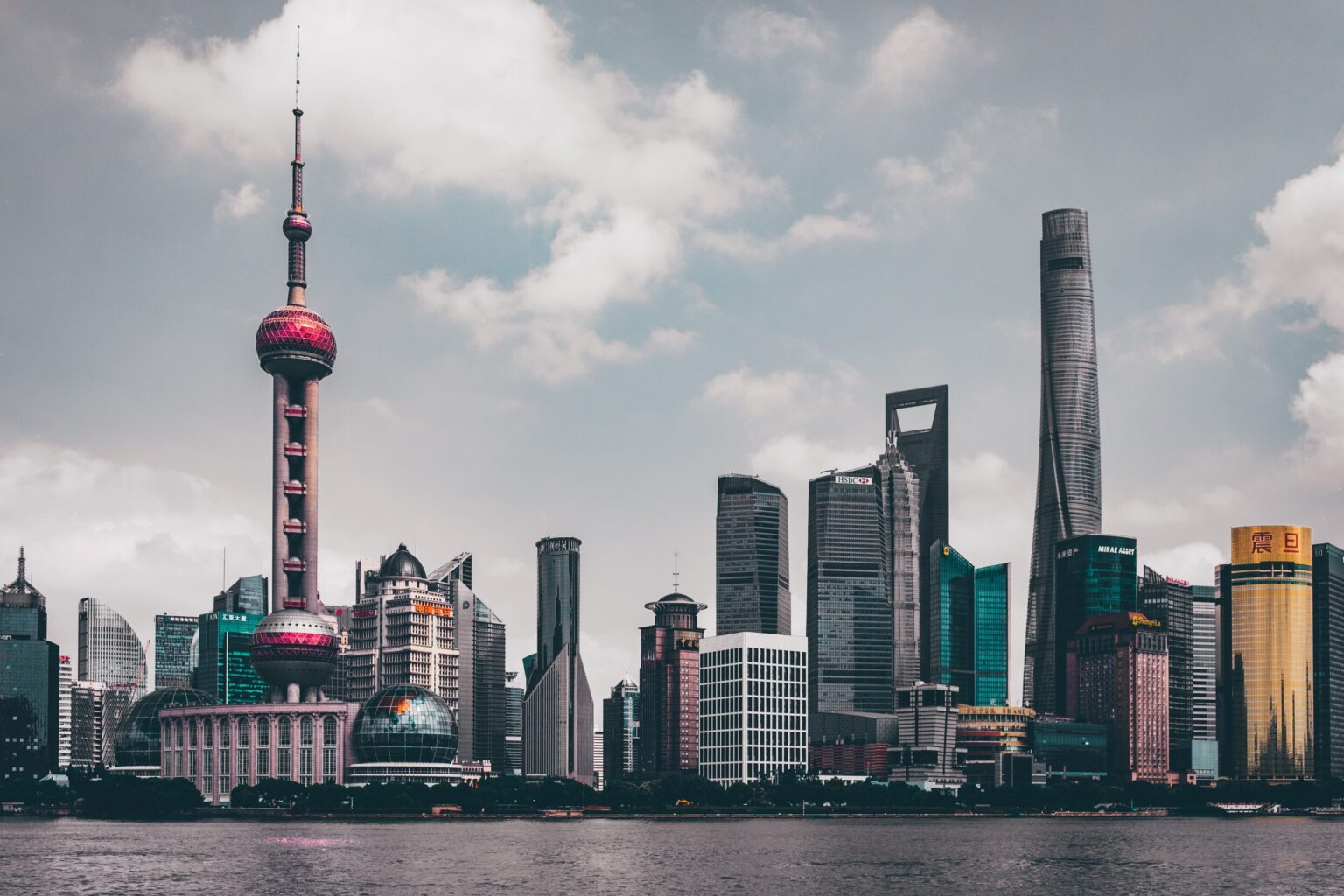Chinese consumers demand more imported products, but this does not mean that it is always easy to import them. Companies that want to seize the opportunity and enter the growing Chinese market have a few things to consider to make the import process run as smoothly as possible. In this blog article, I will introduce you to the changes in the Chinese market and explain why thinking backwards is sometimes a good idea before moving the freight forward.
The changes in the Chinese market – from producing to consuming
As the people in China get better economy, the consumer market in the country grows stronger. Living standards and minimum salaries are increasing and work conditions are improving. By the year of 2020, the number of upper-middle class and affluent households are expected to increase to 100 million. Consequently, Chinese consumers are focusing less on price when they are deciding whether to purchase a product or not. Instead, the consumers are considering factors such as quality and brand. Also, they want more products that are produced outside of China. This is a great opportunity for manufacturing companies in other parts of the world that want to reach new customers in a steadily growing market.
Avoid problems in Chinese customs with accompanying documents
Even though Chinese consumers want more imported products, the process of importing them is not always easy. Local customs procedures in China differ in many ways from those in, for example, Europe and can be perceived as relatively complex. There are different policies and procedures to consider depending on what type of product that is imported, to which city or region the goods are transported to and whether the goods are transported by air, rail or sea. If you send your cargo without considering these things first, problems can occur when the cargo arrives at the Chinese border. For example, received containers can be stopped and stored in a terminal or harbour if they are missing required documents. After a certain amount of free days, you need to start paying for the stored container until the documents are provided.
Preparation and local knowledge for a smooth import of goods to China
Looking at the freight process backwards before moving the freight forward is a way of preventing problems in customs. With this, we mean that it is good to start the transportation process by examining and completing all procedures that are required when the cargo arrives in China.
Firstly, you need to know exactly what type of product you are transporting. Examine if there are special preparations required to import the product to China or if the cargo needs accompanying certificates and approvals. If so, make sure that these are completed before the transport begins. Secondly, you need to know if the freight solution you choose and the city that you want to send your cargo to demands particular preparing procedures. For example, some products are only allowed to be imported to certain cities. To find this information and complete the preparations will be easier with local knowledge about receiving cities and by communicating with customs brokers in China.
A communication link between the exporting company and the importing country
A freight forwarder with local knowledge and presence in the receiving city can prepare and confirm all details before transporting your goods to China. Greencarrier Freight Services has been working with China for over 10 years and have gained a lot of experience and contacts during this time. Therefore, we can function as a communication link between you and the local customs brokers in China. We make sure that all preparations are completed and confirmed before shipping your cargo. This enables an optimised customs procedure and safe handling of your goods once it arrives at its destination.
I hope that this blog article gave you an insight into what to consider when importing goods to China. If you have questions about freight solutions to China or how to optimise customs procedures for your cargo in China, don’t hesitate to contact me. Or, visit Greencarrier Freight Service’s website for more information about our transport solutions in general.




